Gdańsk is very different from other cities in Poland. As a seaport, it has been shaped and influenced by sailors and merchants from a variety of places.Its history is long and complicated, with periods of affiliation with the Polish Kingdom, the Teutonic Order, and even of being an independent city, which makes Gdańsk a very interesting city to visit. The architecture of the city reflects its varied history. and was clearly influenced by the times of its trading prosperity. Being the place where Hevelius and Fahrenheit were born, where the Solidarity movement was founded and where the first shots of the Second World War were fired, Gdańsk has definitely played a huge role in the shaping of the history of the world.
What to see in Gdańsk?
Gdańsk Old Town
Visiting Gdańsk can be a really fascinating part of your trip to Poland. Abundant in colorful, beautifully adorned facades, scenic alleys, atmospheric maritime bars and cafes, fantastic seafood restaurants and charming amber shops, the Old Town attracts and enchants more and more tourists every year. Gdańsk’s main market space, with the iconic Neptune fountain as its focal point, is very unique because of its shape. St.Mary’s Church is one of the biggest brick churches in the world. You can enjoy the view over Gdańsk from the top of its tower.
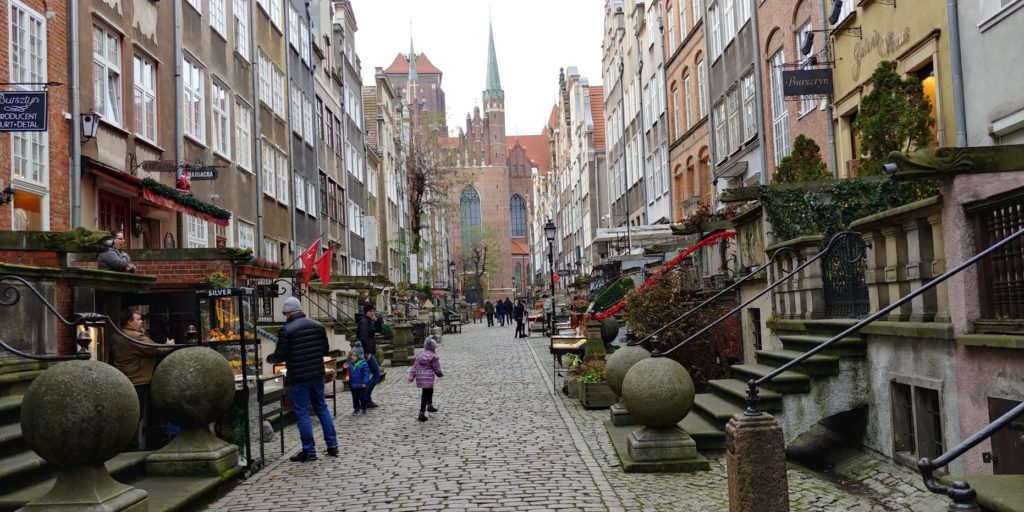
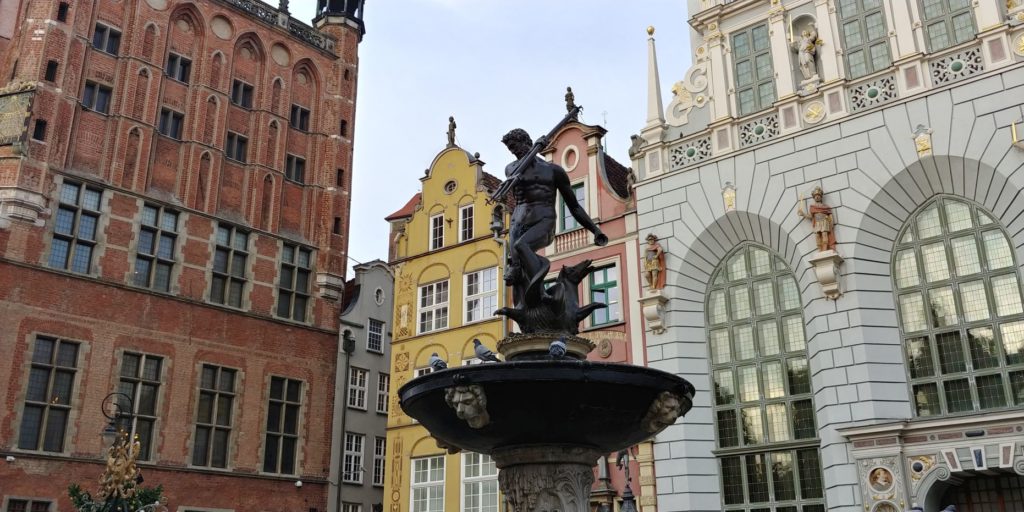
The Motława River
The colorful buildings along the embankment and the old crane, which has become the symbol of Gdańsk, make walking along the Motława river a really joyful experience. You can also get a different perspective on the city by taking a cruise along the harbor. There are many options that you can choose from, including a galleon-style ship that gives the impression of stepping back in time.
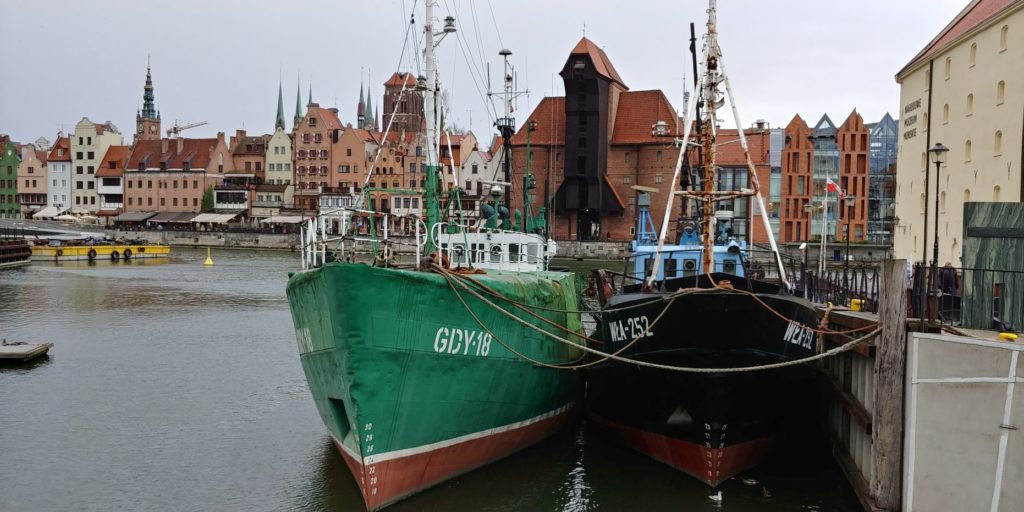
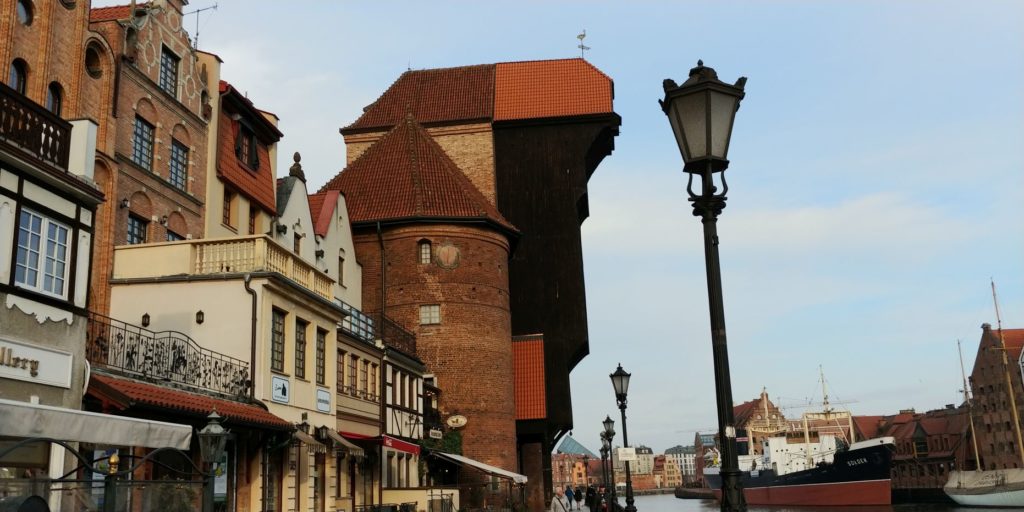
Gdańsk museums
There are two modern and interesting museums which alone are a reason to visit Gdańk: the European Solidarity Centre and the Museum of the Second World War. Just make sure that you have at least 2-3 hours of spare time for each of them (although you could easily spend an entire day there). The European Solidarity Centre, located close to the Gdańsk shipyard, tells the story of the Solidarity movement and the difficult road to democracy. The Museum of the Second World War takes a look at the war from the perspective of ideology and politics, and shows the fate of the civil population and soldiers in Europe.
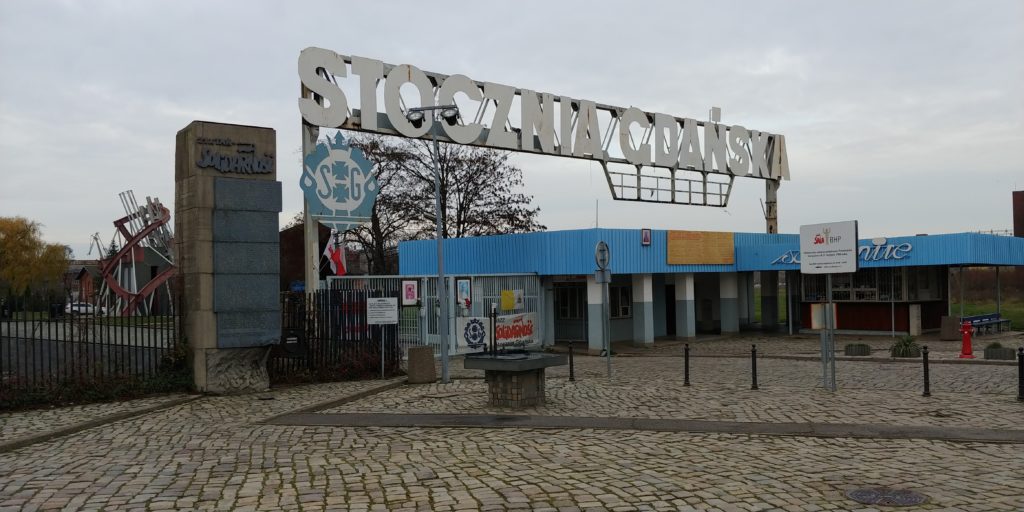
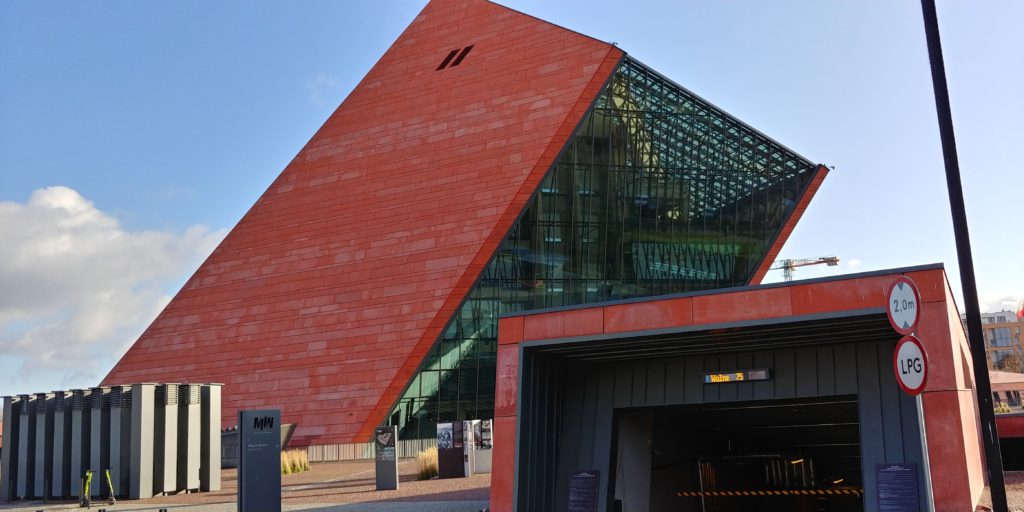
Urban Gdańsk
If you prefer to step off the beaten track and really explore the urban areas, there are two must-see places in Gdańsk. Firstly, the district of Zaspa, built some 40 years ago on the grounds of the former airport. Zaspa is famous among street art enthusiasts because of its numerous murals. Secondly, the extremely long, wavy block of flats called falowiec, which is almost like a city within the city.
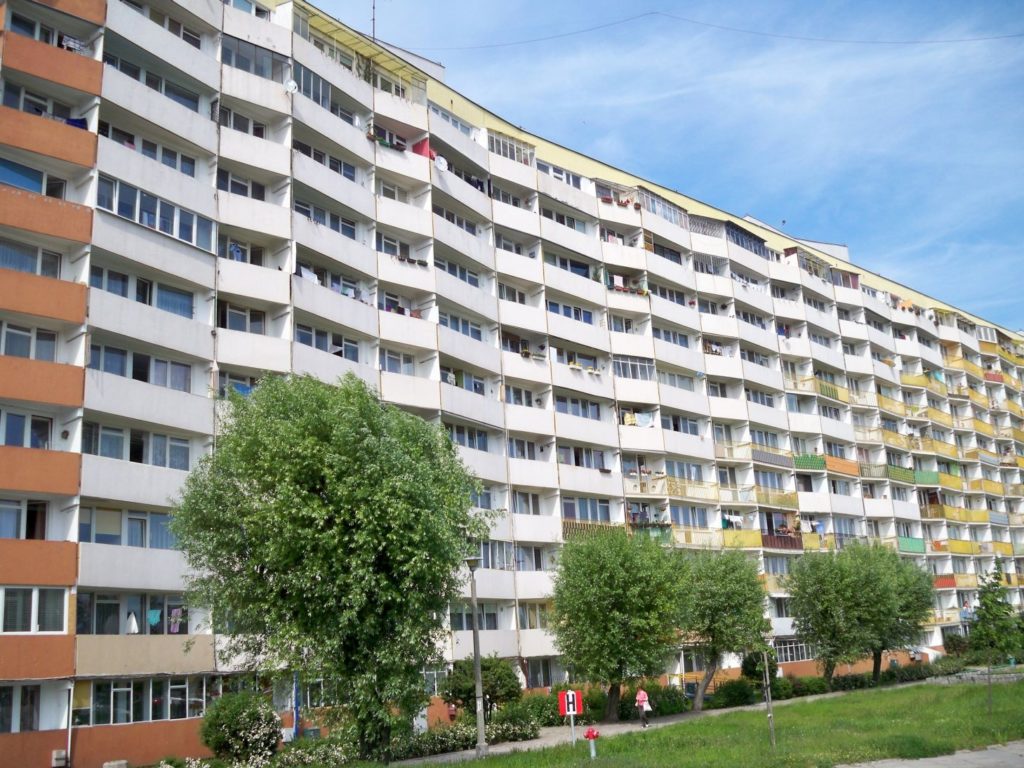
The Tricity
If you have more time, we encourage you to travel beyond Gdańsk and visit Sopot and Gdynia, which together with Gdańsk and the suburban areas form a metropolitan area known as the Tricity (Trójmiasto). Sopot is the most famous Polish spa resort by the Baltic Sea, with a very long wooden pier that you can take a walk on, while Gdynia is the center of Polish naval and maritime history. Interestingly, in the interwar period, Gdynia’s port was one of the most modern in the world, with regular transatlantic connections. Gdynia was the embarkation point for emigrants to America, which makes it the obvious location for the Emigration Museum.
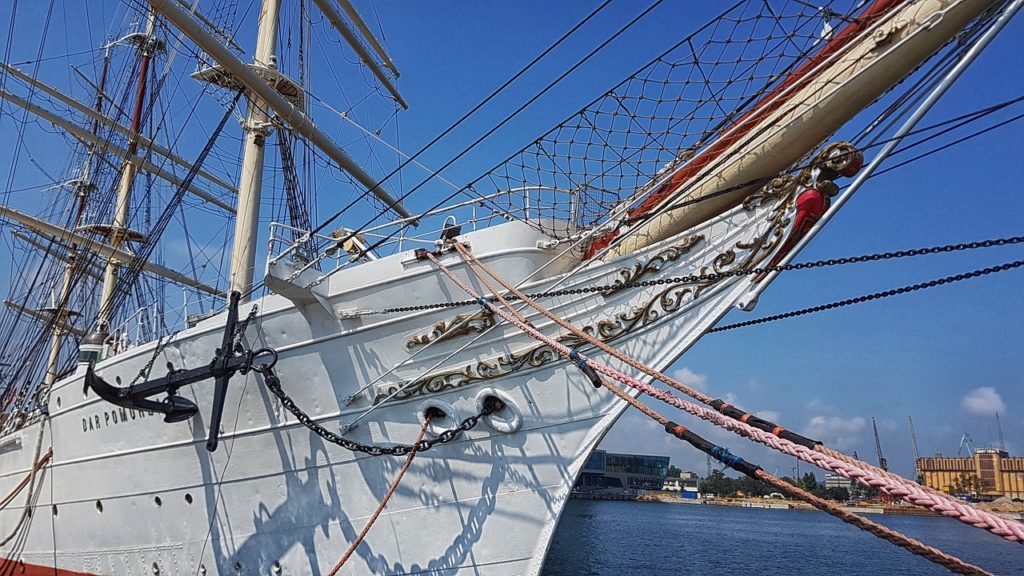
How to visit Gdańsk
Gdańsk (and a visit to Sopot) is included in the itinerary of our two small group tours of Poland: the Ultimate Poland Tour (12 days) and the Polish Delight Tour (16 days). Discovering Poland with a group of up to 18 travelers, an energetic tour leader and knowledgeable local guides is very convenient and helps you make the most of your time. If you have less time or would prefer a more in-depth or topic-oriented kind of sightseeing, we recommend Gdańsk day tours and excursions or having a private, tailor-made tour designed especially for you.
 LET'S DESIGN YOUR TOUR!
LET'S DESIGN YOUR TOUR!
